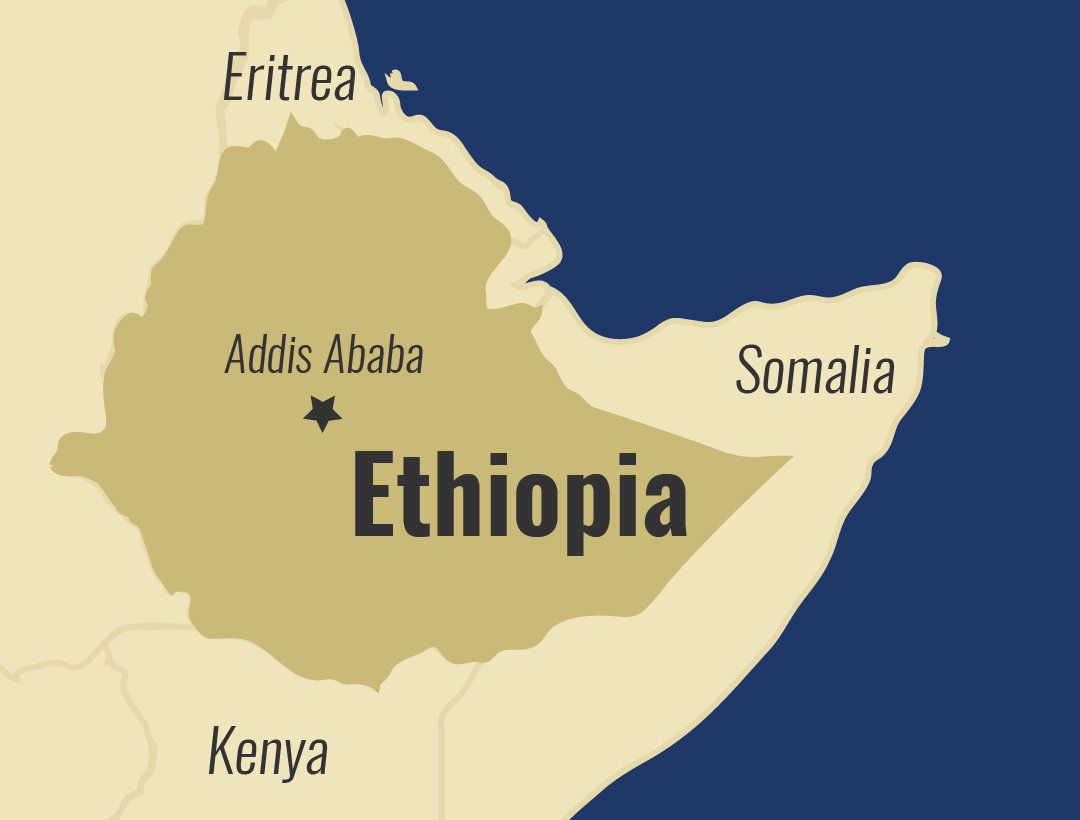
Ethiopia thanks Saudi Arabia over migrants despite treatment
Hundreds of thousands of people from Ethiopia and other Horn of Africa countries have made the dangerous journey through Yemen into Saudi Arabia and other rich Gulf countries seeking employment. Many are sent home.
In response to the report, Saudi Arabia said it is looking into the facilities. Its statement, cited by The Telegraph in a later story, added that “sadly, the Ethiopian authorities have refused (the migrants’) re-entry under the claim of not being able to provide adequate quarantine facilities upon their arrival.”
Ethiopia’s foreign ministry said in its statement it has “never refused to receive its citizens from any country” and that it has repatriated more than 400,000 citizens from Saudi Arabia between May 2017 and May of this year.
But that slowed with the coronavirus pandemic. Some 3,500 were repatriated between April and July, amid concerns among some in Ethiopia that returning migrants might bring the virus.
Another 2,000 citizens will be repatriated starting on Sept. 8, Ethiopia said. Meanwhile, it said it has established five new border checkpoints to slow the outward flow of migrants and plans at least 27 new posts overall.
“Horrific stories are the center of trafficked migrants, these are things that we need to take into account in the process of detention, repatriation and integration,” Ethiopia’s statement said, without giving specifics. It added that it is “not doing enough” to fight human trafficking.
“The Kingdom of Saudi Arabia is always collaborative in establishing a safe and dignified repatriation process,” the statement said.
Ethiopia said it is working closely with Saudi Arabia after Saudi officials “raised concerns” about the number of migrants crossing its border.
“The number is escalating and the Kingdom of Saudi Arabia is accepting them despite their increasing number. The government of Ethiopia is always thankful to that,” the statement said.
Copyright 2020 The Associated Press. All rights reserved. This material may not be published, broadcast, rewritten or redistributed without permission.


 Ethiopia’s government says it is “thankful” to Saudi Arabia for accepting Ethiopian migrants entering the country, but it is barely commenting on the squalid conditions they face in some Saudi detention centers, after a media report showed migrants crowded in bare rooms pleading for assistance.
Ethiopia’s government says it is “thankful” to Saudi Arabia for accepting Ethiopian migrants entering the country, but it is barely commenting on the squalid conditions they face in some Saudi detention centers, after a media report showed migrants crowded in bare rooms pleading for assistance.



